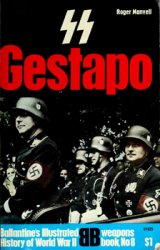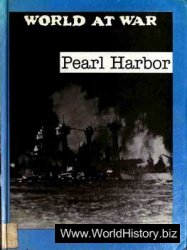Discovery of huge oil reserves of exceptionally pure quality in 1959 transformed Libya from one of the world's poorest nations into one of the world's richest. After Colonel Muammar Qaddafi came to power in 1969, oil money enabled Libya to become a complicating force in many violent conflicts that have affected the world. Indeed, Libya has engaged in armed conflicts with five ofits six neighbors. It has also tried, though unsuccessfully, to forge many different pan-Arabic and pan-African national mergers to offset dominance by former imperial Western powers. Qaddafi has offered his own political philosophy as a model for a Third World system that is neither capitalism nor communism. However, the greatest problem has been Libya's financing and training of scores of terrorist groups and its possible involvement in planning specific terrorist acts including the bombing of civilian passenger flights. Also menacing have been the numerous assassinations of Libyan dissidents in exile. Human rights violations of opponents at home have also earned the Qaddafi regime condemnation by the U. S. State Department and Amnesty International, among others. Qaddafi's spending of large sums to build a large underground weapons-manufacturing plant has raised fears that dangerous new weapons may be produced for use by future terrorists.
The partial resolution ofsome ofLibya's international terrorism cases helped to restore a portion of the nation's diplomatic relations. Following terrorist attacks on New York in 2001, in which Libya was apparently not involved, American concerns over Libyan terrorism were replaced to some extent by concerns with terrorism elsewhere.
Libya is a vast country but is sparsely populated because of its great heat and aridity. Two-thirds of its 5.4 million inhabitants, 97 percent of whom are Arab-Berber and followers of Sunni Islam, live in coastal areas. In area, Libya is the fourth largest nation on the African continent, sharing borders with six other nations: Egypt to the east, Sudan to the southeast, Niger and Chad to the south, and Algeria and Tunisia to the west.
"Libya" was a name used by ancient Greeks to describe all of North Africa to the west of Egypt. Some of the earliest historical descriptions were recorded by the ancient historian Herodotus. The ancient name was again used in 1932, when Italian dictator Benito Mussolini created a new Italian province in North Africa that combined the former Italian colonies of Cyrenaica, Tripoli-tania, and Fezzan. These three areas had developed separately from one another, producing distinct historical traditions. The most common experience was brutal treatment in the 1930's during the trauma of Italian imperialism.




 World History
World History









